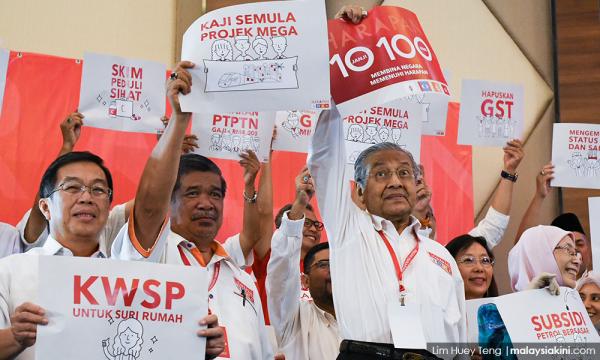COMMENT | The Pakatan Harapan manifesto for GE14 promises many things, the most welcome of which are the calls to repeal draconian laws, make several commissions directly answerable to Parliament and trim the fat from the Prime Minister’s Office, which are long overdue.
Beyond these critically needed reforms, the manifesto is long on populist concepts but short on actionable specifics. The current water crisis in Selangor is yet another reminder of the dire consequences of such cavalier populist policies as Selangor’s free water policy.
Is providing cheaper cars the answer to our traffic problems or purely populist?
The manifesto proposal to “resolve issue of unilateral child conversion in a harmonious manner” is no doubt well-intentioned, but wishful thinking in the current toxic climate without spelling out the clear constitutional and juridical positions on this issue.
Fundamentally, the manifesto lacks three vital changes sorely needed to take our country into a new beginning after 60 years of BN rule, namely: a race-free agenda to unify the nation, a progressive tax structure to redistribute wealth, and a truly democratic society.
A truly democratic society
Term limits for the posts of prime minister, chief minister and menteri besar are welcome and overdue. We are told that it will not be applied retrospectively to Selangor and Penang, the states that Harapan already rule.
Why not? The democratic principle behind the term limit for these posts is simply that elected officials can over time obtain too much power or authority and thus makes them less representative of all the citizens. It is also to prevent chances of corruption.
As we have seen only recently, even within a two-term service, corporate interests including those in property and finance can provide inducements to the incumbent leaders such as drastic discounts on house purchases.
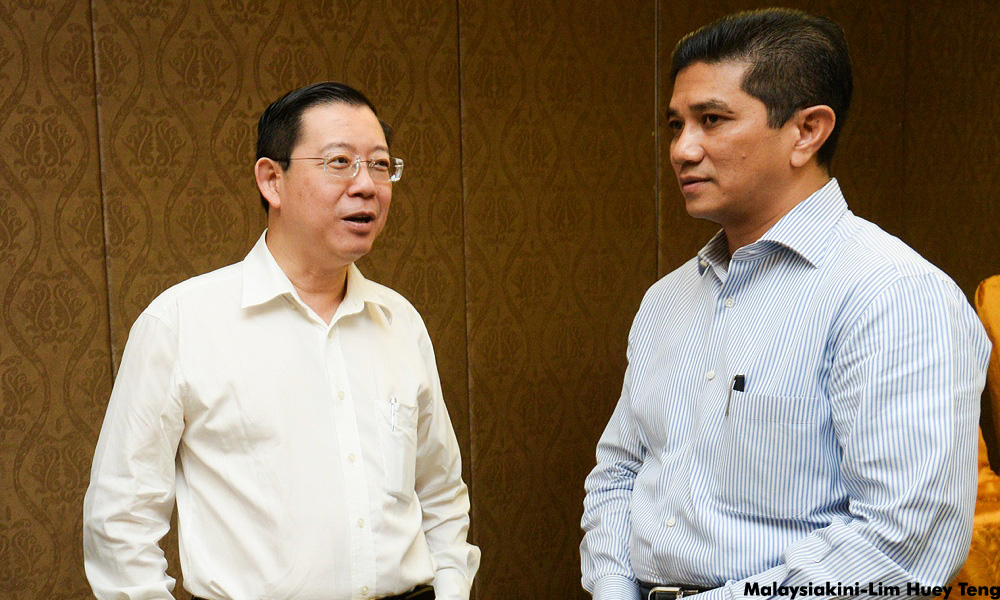
There is clearly a correlation between the length of time a politician serves and the degree to which he or she has opportunities to engage in corruption. So, if Harapan truly believes in democracy, it should adhere to the two-term limit for their menteri besar in Selangor and chief minister in Penang as of now.
A national agenda
Now with Harapan having embraced the leader of Bersatu as the prospective prime minister, there is no mention of an end to the New Economic Policy in their GE14 manifesto. This is indeed bad news for those who had hopes of a more liberal economic policy, and also for all who have criticised the government for its racially discriminatory economic and educational policies.
Harapan tries to suck up to the “Malay agenda” by proposing puzzling proposals such as “restoring state sultans’ powers”. Which sultan’s powers are Harapan referring to that have been weakened? The ones that Mahathir effected during his reign? Please be specific.
And are we going to go through the same “statistical charade” that we have seen through the 50 years of NEP with the manifesto’s proposal to “increase bumiputera equity through GLC management buyouts?
Which class of bumiputeras is going to gain from this? Doesn’t it matter whether or not the poorer bumiputeras benefit? The statistics on “bumiputera equity” are meaningless when such equity can be resold to non-bumiputeras as soon as it is allocated, and when bumiputera companies fail such as happened during the 1997 financial crisis.
Instead of needs-based measures that target the lower-income and marginalised sectors, the Harapan manifesto follows the same divide-and-rule method practiced by BN. Thus, Indians have been specifically identified for special treatment as increasing their numbers in premium schools and Mara institutions. But the manifesto does not specify by how much.
And what about the Chinese, Eurasians and the Orang Asli? Harapan would like to “invest in training schemes for Indians” but a needs-based policy would be more cost effective and unifying to open the “bumiputeras only” institutions in this country to all Malaysians.
The NEP was scheduled to end in 1990, but has become a populist never-ending policy to win over the bumiputeras while benefiting mainly the political elite. Instead, it is common sense that poor rural Malaysians should be assisted based on their needs according to the particular economic sectors in which they live and work.
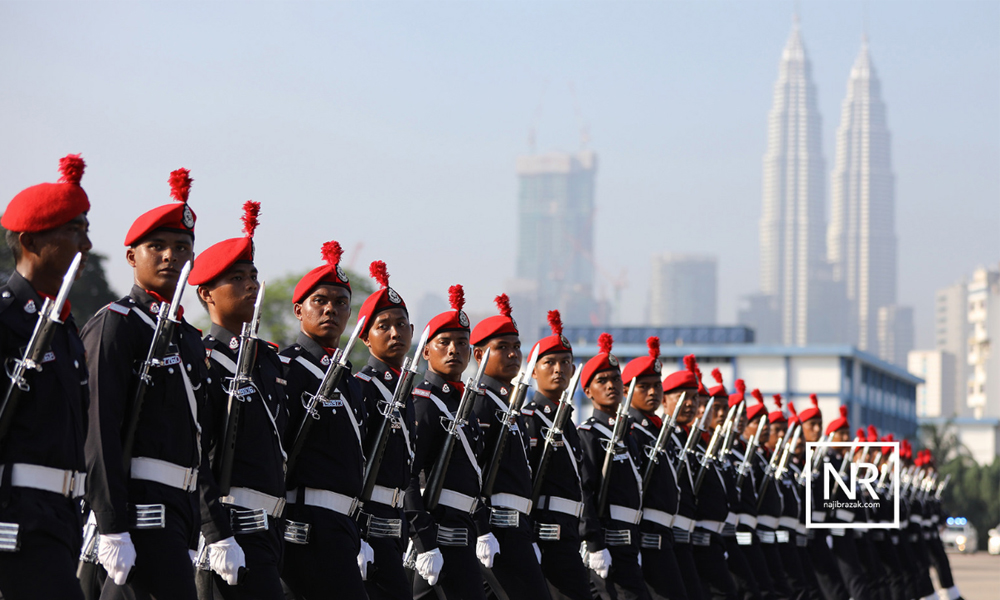
Today, with the lack of ethnic diversity in the civil and armed forces, it is high time that recruitment and promotion in these services are based on merit. Does Harapan address this? Does Harapan propose an expiry date for the NEP or is this not going to be realised in our lifetime?
Progressive taxes on the super-rich
Harapan does not tell us how their many populist promises will be financed. There are no fiscal policies to redistribute wealth, never mind fundamental changes in economic policies, including nationalisation of utilities. Malaysia is one of the few countries where the super-rich do not have to contribute part of their wealth to finance state welfare.
How much do the top 10 percent of earners contribute to total tax revenues?
Across the developed world, the rich are expected to pay a substantial share of taxes and this share has risen in recent decades. According to the OECD, the top 10 per cent of earners contribute about a third of total tax revenues – 28 per cent in France, 31 per cent in Germany, 39 per cent in Britain and 42 per cent in Italy.
The wealthiest households in the US contribute a larger share to government than in any other OECD country, at 45 percent. In Europe, they certainly have more to show for it – social services, unemployment benefits, a national health system and other social benefits.
Despite this, William Buffett, one of America’s richest men recently criticised the US tax system as manifestly unfair since he is taxed at a lower rate than his secretary!
Malaysia’s income tax system grants greater tax savings for the rich as well as encourages tax evasion. We rank among the world’s top countries for illicit outflow of money.
What reforms does the Harapan manifesto propose to prevent tax evasion? The limited coverage has resulted in poor revenue generation. Without sufficient revenue, individual income tax cannot provide substantial funds for poverty lifting projects.
Similarly, we do not see a higher marginal tax rate on high-income earners and a correspondingly lower tax rate for lower income earners; an incremental capital gains tax on property; a progressive inheritance tax; a tax on all international financial transactions and hedge funds; a progressive tax on all luxury goods.
A progressive economic policy
Harapan has all along stood for the same neoliberal capitalist policies as the BN. Consequently, their manifesto does not have a progressive economic policy, including nationalising all utilities and essential services including water resources, health, public transport and energy.
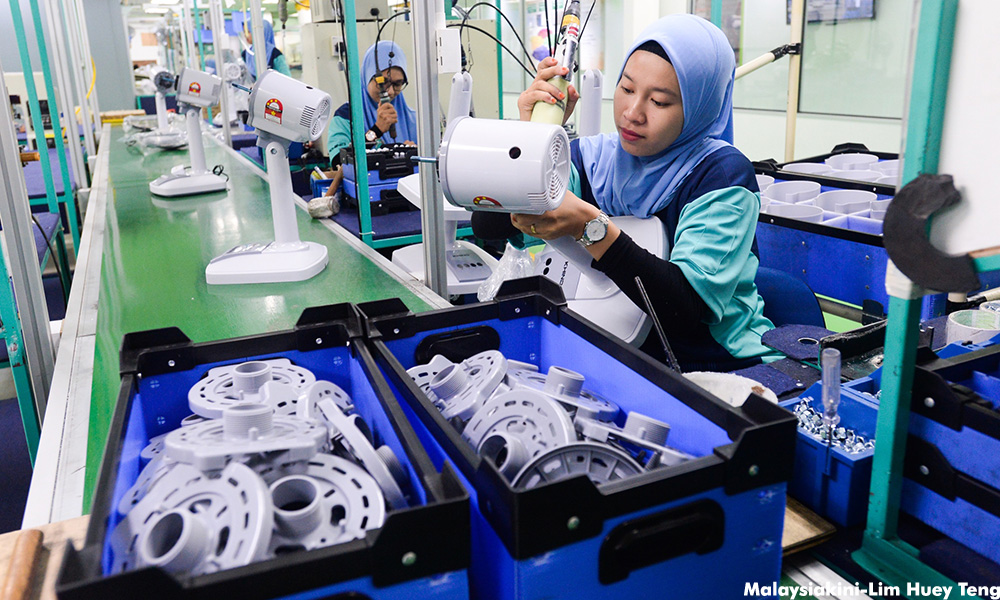
They have not proposed measures to ensure that government enterprises such as the GLCs are owned and controlled by the Malaysian peoples at federal, state and local levels and to bring respite to our lowest paid workers, who deserve a decent standard of living, and not populist crumbs.
Mother tongue education as part of the national education system
The Harapan manifesto pledges to recognise the UEC and to build one Tamil Secondary school. That is good. But are the Chinese and Tamil schools still going to be treated like step children in this country , with a few schools being allowed to be built and the Chinese secondary schools getting occasional funding at the pleasure of the government whenever elections are round the corner?
Defence cuts
The Harapan manifesto is silent about their defence policy, which is surprising as they speak vociferously against the commissions that are creamed off from big arms deals. While we are agonising over giving our lowest paid workers a guaranteed minimum wage of RM1,500, the government is coolly shopping for the next generation Multi-role combat aircraft to replace the MIGs.
British Aerospace is trying to flog their Typhoons and other special offers in a RM10 billion arms deal. It is expected that the government will go through with this deal as soon as they get their mandate after GE14.
Beyond GE14
It is time that BN and Harapan take human rights seriously and respect all Malaysian citizens irrespective of ethnicity, religious beliefs, gender or sexuality so that we can march forward as a unified nation.
Furthermore, in the states under both BN and Harapan, deforestation by developers goes on uninhibited, highways, tunnels and land reclamation continue unabated without concern for the environment, the public commons and the marginalised people living there.
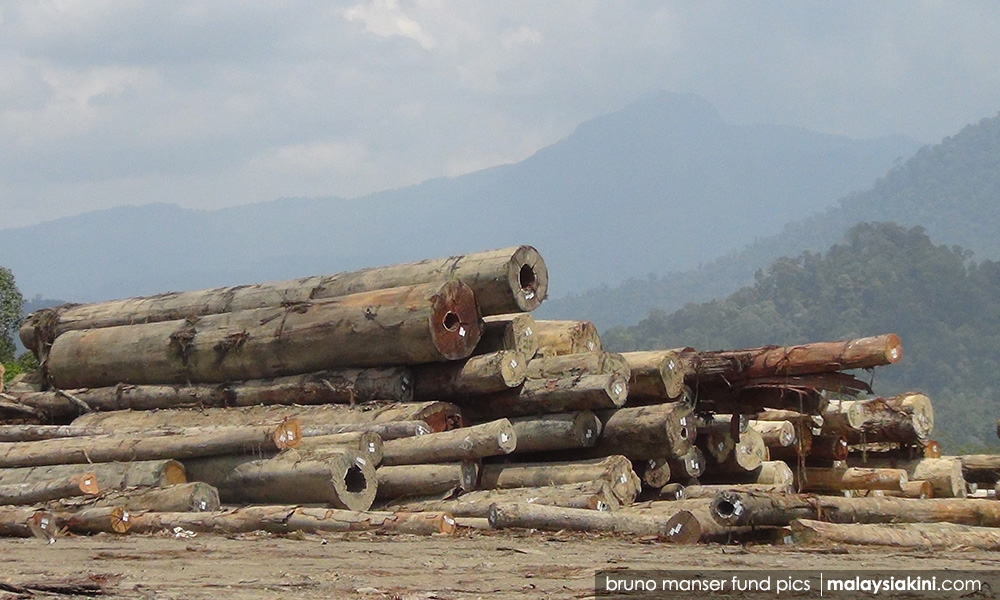
A just, democratic and progressive alternative calls for a living wage and rights for all workers; a reasonable pension at retirement; affordable and liveable housing; free tertiary education (means tested for the well-off); formal or informal elected local government; commitment to international human rights practices and covenants.
The neoliberal ideologies that both BN and Harapan practice involves allowing private developers to buy up public assets. Such a practice has serious consequences in that it overrides and neglects the people’s interests and degrades our precious environment which is regarded as a free resource.
As a result, we are left with polluted air, questionable water quality, and limited green commons. We want a government that will take the lead in sustainable development initiatives such as renewable energy, that will benefit ordinary Malaysians and their environment.
The current reliance on the private sector results in environmentally harmful and socially destructive projects. A people’s government would enforce recycling measures, responsible waste disposal and enact laws to protect animal welfare.
Such a progressive government would also make it a priority to put the rights and livelihood of the Orang Asal at the top of the national agenda by recognising their rights over the land they have been occupying for centuries, prohibiting logging in Orang Asal land and ensuring all Orang Asal villages have adequate social facilities and services.
KUA KIA SOONG is Suara Rakyat Malaysia (Suaram) adviser.
The views expressed here are those of the author/contributor and do not necessarily represent the views of Malaysiakini.

